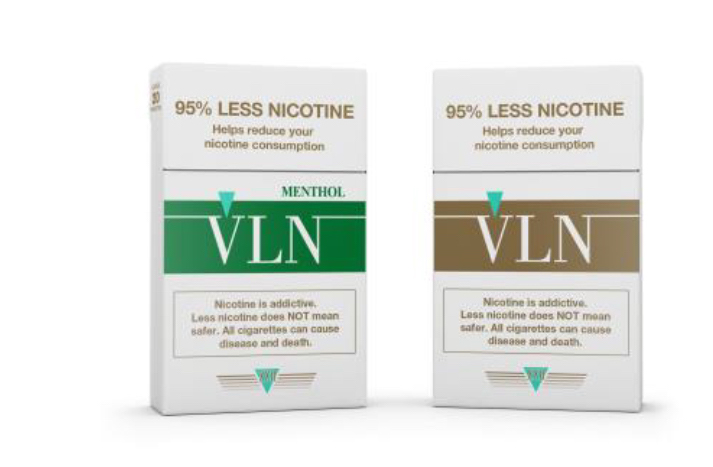Plus: Alcohol-related liver problems worsen during COVID; 53% of teens have been binge drinkers; increased rates of transgender SUD
By William Wagner
February 16, 2021Not all residential addiction treatment centers have the patient’s best interests in mind; this was made clear by a recent study of hundreds of programs across the United States. We also take a look at the increase in alcohol-induced liver disease during the COVID-19 pandemic, new numbers regarding the use of hard drugs and alcohol among teens, and the transgender community’s issues with substance use disorder (SUD).
These findings raise concerns that residential programs, including accredited and licensed ones, may be admitting a clinically and financially vulnerable population for costly treatment without assessing appropriateness for other care settings.”—Health Affairs study: “Admission Practices and Cost of Care for Opioid Use Disorder at Residential Addiction Treatment Programs in the U.S.”
From Health Affairs:
Uncovering Questionable Patient Recruitment by Residential Programs
For a study published in Health Affairs, “secret shoppers” posing as uninsured heroin users called 368 U.S. residential treatment centers for help—and the results weren’t encouraging. One-third of the callers were offered admission even before undergoing a clinical evaluation, and most were told they had to pay upfront, although the amount of money was significantly more among for-profit treatment centers than not-for-profits. Perhaps most disturbing, 72% of the rehab facilities had national accreditation. The study’s authors conclude, “These findings raise concerns that residential programs, including accredited and licensed ones, may be admitting a clinically and financially vulnerable population for costly treatment without assessing appropriateness for other care settings.”
From Kaiser Health News:
Alcohol-related Liver Disease Worsens in Pandemic
This should surprise no one who’s been following the impact of the COVID-19 pandemic on substance use and drinking: Alcohol-induced liver disease seems to be on the rise. National numbers aren’t available, but Kaiser Health News reports that admission rates for the malady at Keck Hospital of the University of Southern California were 30% higher in 2020 than 2019 and have gone up by 50% since March 2020 at hospitals connected with the University of Michigan, Northwestern University, Harvard University and the Mount Sinai Hospital System in New York City.
From the UCL Centre for Longitudinal Studies:
Teens and Hard Drugs, Alcohol
The journey toward adulthood, wrote the mid-20th-century poet Sylvia Plath, involves “[d]oing all the little tricky things it takes to grow up, step by step, into an anxious and unsettling world.” Today, perilous drug and alcohol use can be one of those steps into the anxious and unsettling world, according to a briefing paper by the Centre for Longitudinal Studies at the University College London (UCL) Social Research Institute. Research out of the UCL indicates that 10% of teenagers have tried hard drugs by age 17, including cocaine, MDMA (ecstasy or Molly) and ketamine. Furthermore, 53% have been binge drinkers (five or more drinks in one sitting).
“To some extent, experimental and risk-taking behaviors are an expected part of growing up and, for many, will subside in early adulthood,” Emla Fitzsimons, Ph.D., a coauthor of the study, said in a news release. “Nevertheless, behaviors in adolescence can be a cause for concern as they can have adverse long-term consequences for individuals’ health and wellbeing, and their social and economic outcomes.” The research team’s conclusions were born of an analysis of the Millennium Cohort Study (MCS).
From the JAMA Network:
Substance Misuse Plagues Transgender Adults
A study published by the JAMA Network determined that transgender adults are more prone to SUD than adults who are cisgender. The question is, why? The authors home in on this: “Research has found that transgender individuals frequently use substances to cope with discrimination.” They say there’s a “paucity” of research in this area, adding that many “treatment facilities may be ill-equipped to meet the treatment needs of transgender adults.”
Photo: Hassan Ouajbir














